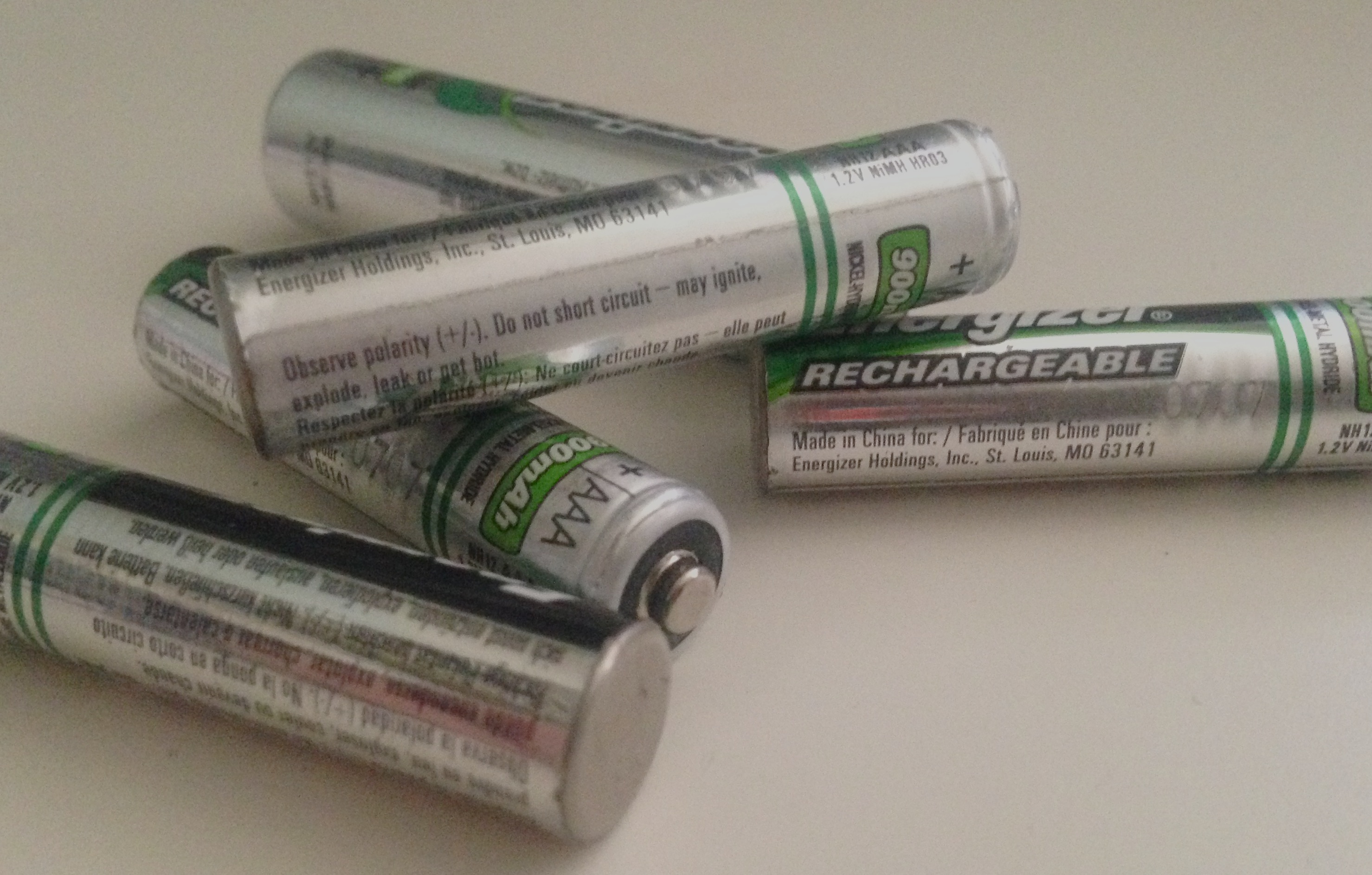
I was almost hit by a car the other day.
The funny thing was, the scariest part of the event was not the almost-being-hit part. It was what the driver yelled out of the window after me as he sped away.
“Thanks a lot (expletive)! I’m already late for work!”
Luckily no one was harmed in the incident but what the driver yelled at me left me rattled for the rest of the day. See, I had been rushing somewhere as well before it happened and as I was waiting for the light to change I was feeling antsy, wondering if I was going to make it on time. I briefly considered crossing against the light but the traffic was bad and I ultimately decided it was better to arrive alive (and a little late) other than end up in the hospital, or worse, the morgue.
It just wasn’t worth it to me.
I get it, too; people lead busy lives- we’re overworked, overtired, over-stressed. We live in a culture that values the speed at which we can access and provide goods, services and information, sometimes to the detriment of the quality and/or value of said goods, services and information. There’s a ton of pressure to constantly lower the bottom line.
But what does that mean to you?
In this case, an extra thirty seconds waiting at an intersection for the light to change probably wouldn’t have made a big difference in the scheme of things, (After all, if you’re already late, you’re still going to be late. See here.) Or maybe it could have- the driver could have been an employee on probation for arriving late too many times, or maybe he was the one responsible for giving a big presentation, or holding a big meeting. Being late could have cost him money, a client, or even his job.
It only would have cost me my life.
It would have meant serious consequences for the driver, as well. He definitely would have been late for work if he had hit me with his car, and if he had hit me and not stopped, he would have been in greater trouble still. It’s kind of hard to go to work when you’re serving time for a hit and run.
What does it mean, then, about the price you’re willing to pay for the things you have in your life? Are you willing to lie, steal, and cheat? How many shortcuts are you willing to use to find your bottom line? Does your success mean more to you than your ability to be kind? Is it worth more than your integrity?
What is success really worth to you if it means harming other people in order to achieve it?
I don’t like being late, either. (Evidence here.) But saving thirty seconds out of my day isn’t worth someone’s life. And thirty seconds is all it takes to pause, and breathe, and think about how your actions have consequences, and how these actions reflect on the kind of person you want to be.
Time is fleeting, and thirty seconds comes and goes in the blink of an eye. It could mean nothing to you, and everything to someone else.
What are you going to do with that time?
 Want more solutions on how to find balance in your life? Click here to read more.
Want more solutions on how to find balance in your life? Click here to read more.



 Some recent medical issues of mine caused me to rethink a lot of the way I work and how I handle stress. In other words, I needed to recharge my batteries.
Some recent medical issues of mine caused me to rethink a lot of the way I work and how I handle stress. In other words, I needed to recharge my batteries.
